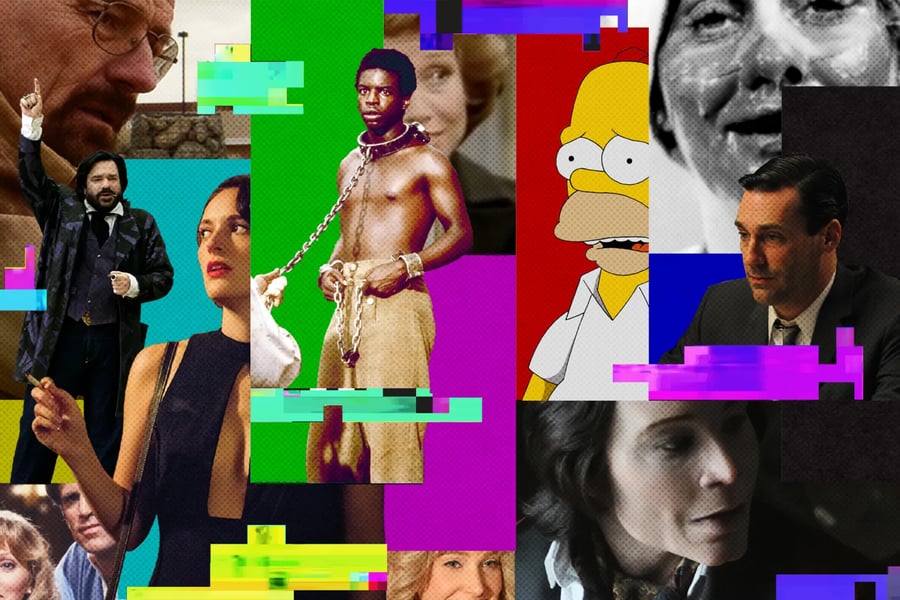The 100 Best TV Episodes of All Time
Standout installments of ‘Friends,’ ‘Veep,’ ‘Succession,’ ‘The Sopranos,’ ‘Game of Thrones,’ ‘The Simpsons,’ ‘Black-ish,’ ‘Twilight Zone,’ and more

PHOTO ILLUSTRATION BY MATTHEW COOLEY. IMAGES USED IN ILLUSTRATION: URSULA COYOTE/AMC; RUSS MARTIN/FX; AMAZON STUDIOS; DISNEY ENTERTAINMENT/GETTY IMAGES; MICHAEL YARISH/CBS/GETTY IMAGES; FOX; AMC; GUY D'ALEMA/FX
The thing that has always distinguished TV storytelling from its big-screen counterpart is the existence of individual episodes. We consume our series — even the ones that we binge — in distinct chunks, and the medium is at its best when it embraces this. The joy of watching an ongoing series comes as much from the separate steps on the journey as it does from the destination, if not more. Few pop-culture experiences are more satisfying than when your favorite show knocks it out of the park with a single chapter, whether it’s an episode that wildly deviates from the series’ norm, or just an incredibly well-executed version of the familiar formula.
Still, that episodic nature makes TV fundamentally inconsistent. The greatest drama ever made, The Sopranos, was occasionally capable of duds like the Columbus Day episode. And even mediocre shows can churn out a single episode at the level of much stronger overall series.
For this Rolling Stone list of the 100 greatest episodes of all time, we looked at both the peak installments of classic series, as well as examples of lesser shows that managed to briefly punch way above their weight class. We have episodes from the Fifties all the way through this year. We stuck with narrative dramas and comedies only — so, no news, no reality TV, no sketch comedy, talk shows, etc. In a few cases, there are two-part episodes, but we mostly picked solo entries. And while it’s largely made up of American shows (as watched by our American staff), a handful of international entries made the final cut.




















































































